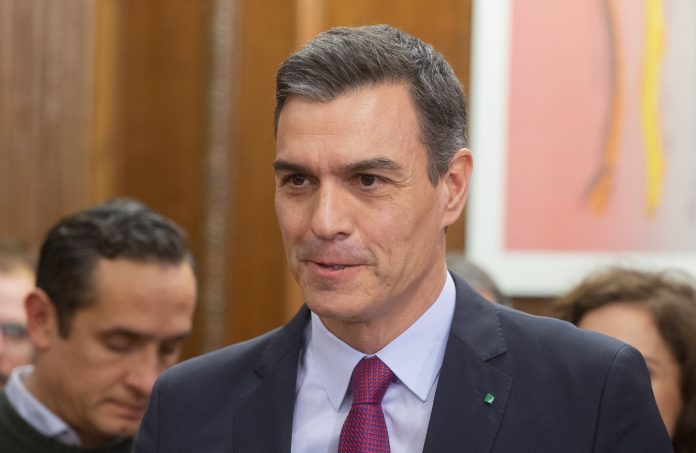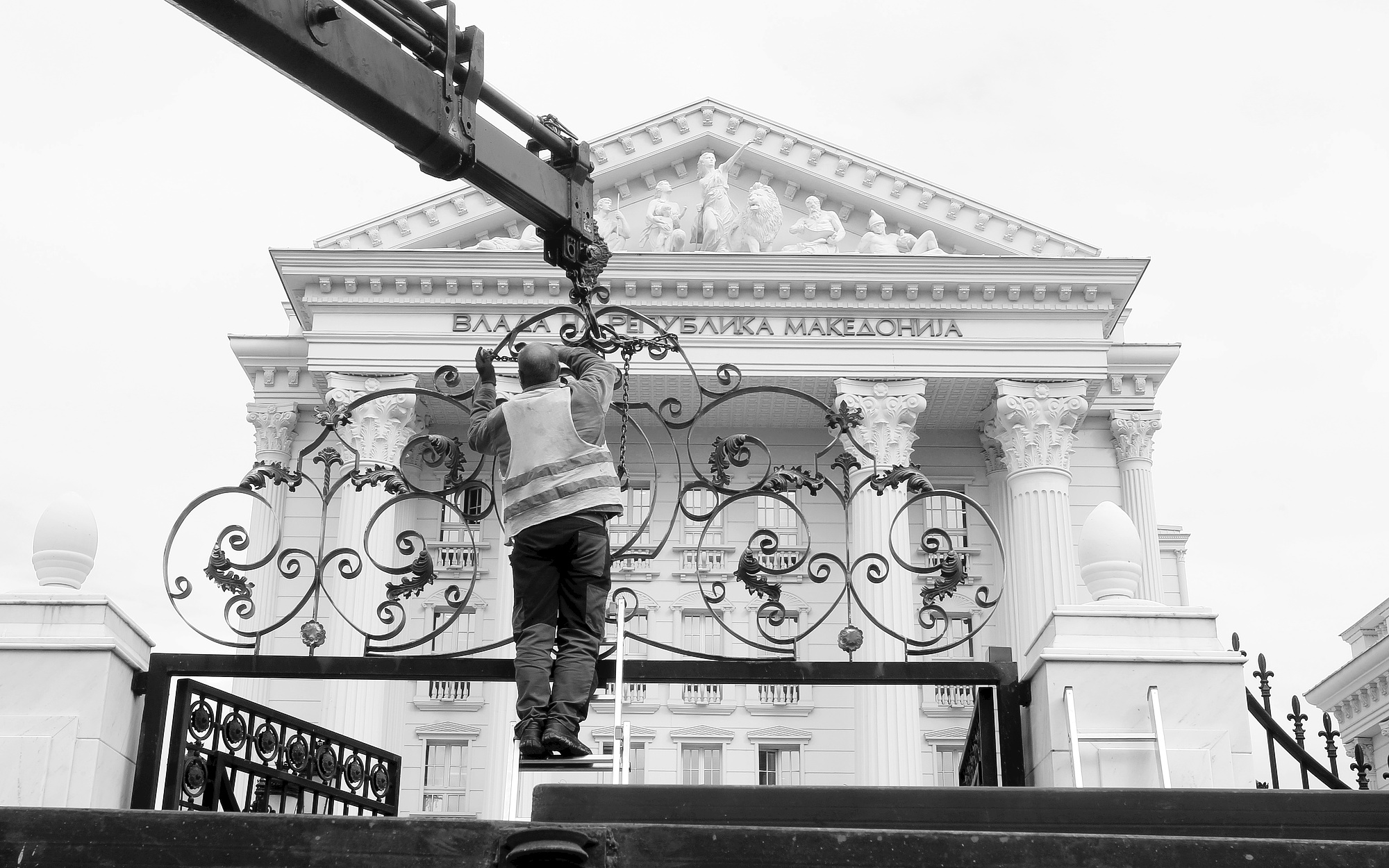
The possibility of a new government in Spain moved closer Thursday when a small party said it will abstain in upcoming confidence votes in parliament.
The decision by the Catalan ERC party removes a major hurdle for interim Prime Minister Pedro Sánchez’s efforts to form a Socialist-led coalition government after months of delays in the eurozone’s fourth-largest economy.
The Socialists got the most votes in two consecutive general elections last year. Both times they failed to capture a parliamentary majority, meaning they couldn’t win a confidence vote that is required before taking office. The country has been run by Sánchez’s caretaker government for almost a year.
The Catalan ERC party’s national committee said in a statement it had decided to abstain in confidence votes expected over the weekend and Tuesday, meaning Sánchez may finally clinch victory.
After weeks of negotiations, Sánchez has secured the political support of the anti-austerity United We Can party, which is due to join the coalition government as the junior partner, and of several tiny parties.
Securing the abstention of the ERC party, which controls 13 of the 350 seats in the Spanish Congress of Deputies, may be enough for Sánchez to obtain the votes he needs.
He is not expected to clinch an absolute majority of 176 votes in the first round of voting due Sunday. But the ERC’s abstention means the Socialists could get the required simple majority — more votes for them than against them — in a second vote Tuesday.
Sanchez’s success is not guaranteed. Pending political, legal and administrative decisions could still thwart him before the votes are counted, including ongoing talks between parties.
Also, the National Electoral Commission is due to rule soon on whether ERC leader Oriol Junqueras, currently in a Spanish prison for his role in Catalan separatist activities, can take his seat in the European Parliament. The decision could be a political bombshell for the ERC.


















